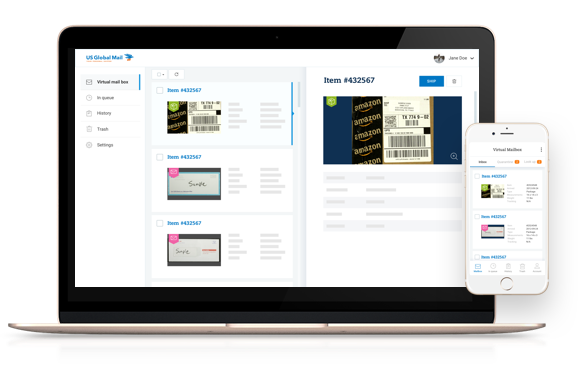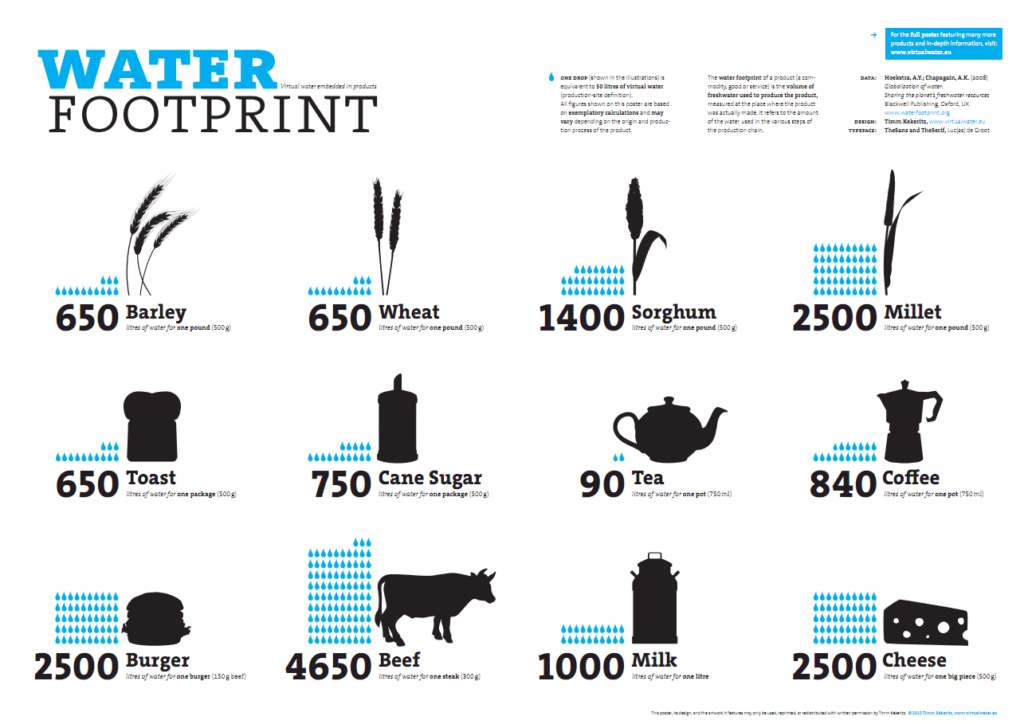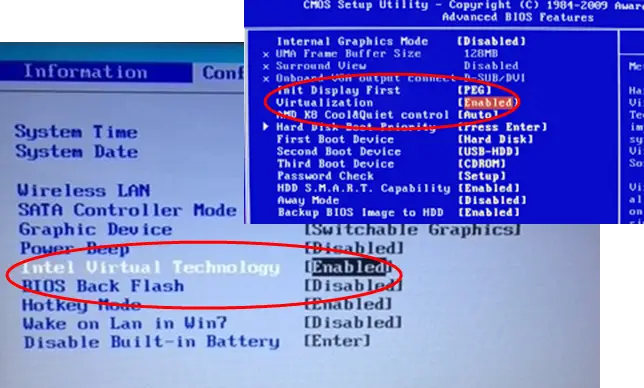In today’s digital age, technology has become an integral part of our daily lives. From smartphones to smart homes, we are surrounded by devices that make our lives easier and more convenient. One such technology that has gained immense popularity in recent years is virtual agents. But what exactly is a virtual agent, and how does it work?
A virtual agent, also known as a chatbot or conversational agent, is an AI-powered software program that can converse with humans through text or voice. It is designed to mimic human conversation and provide assistance to users in various tasks such as answering questions, providing information, and troubleshooting problems. Virtual agents can be found in a wide range of industries, including customer service, healthcare, finance, and e-commerce. They have revolutionized the way we interact with technology and have become an indispensable tool for businesses looking to improve their customer experience.
Virtual agents are designed to simulate conversations with humans, including understanding natural language and responding in a conversational manner. They use natural language processing (NLP) to interpret user requests and provide relevant answers. They can also use machine learning (ML) to learn from user interactions and become more accurate over time.
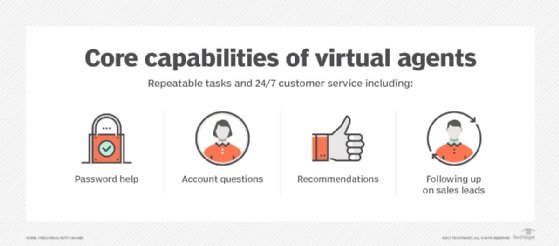
What is a Virtual Agent?
A virtual agent, also known as a chatbot or an AI-based assistant, is a computer program designed to mimic human conversations. It can be used to answer customer queries, provide technical support, and automate mundane tasks such as scheduling appointments or booking flights.
Uses of Virtual Agents
Virtual agents are becoming increasingly popular for a variety of applications, such as customer service, sales, marketing, and many other tasks. They can be used to automate mundane tasks such as scheduling appointments or booking flights, as well as providing technical support and answering customer queries. Additionally, they can be used to provide personalized experiences for customers, such as product recommendations or personalized offers.
Customer Service
Virtual agents are being used by companies to provide customer service by answering customer inquiries, handling customer complaints, and helping customers with purchases. For instance, a virtual agent can answer FAQs, provide product information, and process orders. Furthermore, virtual agents can be used to upsell products, provide personalized recommendations, and make targeted offers.
Marketing
Virtual agents can also be used for marketing purposes, such as engaging customers in conversations, providing personalized offers, and driving sales. For instance, a virtual agent can be used to provide personalized product recommendations, answer questions about products and services, and provide discounts and special offers to customers. It can also be used to nurture leads by engaging them in conversations and providing helpful information.
Technical Support
Virtual agents can be used to provide technical support to customers by helping them resolve technical issues and providing step-by-step instructions. For instance, a virtual agent can help customers troubleshoot hardware and software issues, provide installation instructions, and answer FAQs. Additionally, they can be used to monitor system performance and detect potential issues before they arise.
Automation
Virtual agents can be used to automate mundane tasks such as scheduling appointments, booking flights, and managing calendars. Additionally, they can be used to automate data entry tasks such as filling out forms and entering data into databases. Furthermore, they can be used to automate customer service tasks such as responding to customer inquiries and handling customer complaints.
Frequently Asked Questions
A virtual agent is a computer program that is designed to simulate a conversation with human users, especially over the Internet. It is also known as a chatbot, chatterbot, or textbot.
What is a virtual agent?
A virtual agent is a computer program that is designed to simulate a conversation with human users, especially over the Internet. It is also known as a chatbot, chatterbot, or textbot. Through natural language processing, a virtual agent is able to understand the user’s query, analyze the request, and provide a response.
The virtual agent is able to interact with the user just as a human agent would. This can include responding to customer requests for information, answering questions, troubleshooting problems, and even providing product recommendations.
What are the benefits of using a virtual agent?
Using a virtual agent has many benefits for both businesses and consumers. For businesses, virtual agents can reduce the cost of customer service by providing automated customer support, eliminating the need for human customer service agents. This can also free up customer service agents to focus on more complex tasks such as problem resolution.
For consumers, virtual agents provide an easy and convenient way to get their questions answered quickly. They can also provide personalized recommendations and advice, tailored to the individual customer’s needs.
How does a virtual agent work?
A virtual agent uses natural language processing to understand the user’s query and provide a response. The virtual agent is able to analyze the request, identify the relevant information, and provide a response in natural language. In most cases, the virtual agent is also able to provide a personalized response based on the user’s previous interactions.
The virtual agent is also able to access external data sources to provide more detailed and accurate responses. This could include data from a customer database, product catalog, or third-party sources.
What is the difference between a virtual agent and a chatbot?
A virtual agent is a computer program that is designed to simulate a conversation with human users, especially over the Internet. It is also known as a chatbot, chatterbot, or textbot. A chatbot is a type of virtual agent that is specifically designed to interact with users through a chat interface.
The main difference between a virtual agent and a chatbot is the type of interface they use. A virtual agent can use a variety of interfaces, such as a web page, email, text messages, or voice commands. A chatbot, however, is limited to the chat interface.
What types of tasks can a virtual agent handle?
A virtual agent can be used to handle a variety of tasks, from customer service to product recommendations. It can provide information, answer questions, troubleshoot problems, and provide product recommendations. It can also be used to automate customer service tasks such as order processing, product returns, and cancellations.
In addition, a virtual agent can be used to provide personalized recommendations and advice. It can analyze customer data to provide personalized product recommendations and suggest offers or discounts based on the customer’s past purchases.
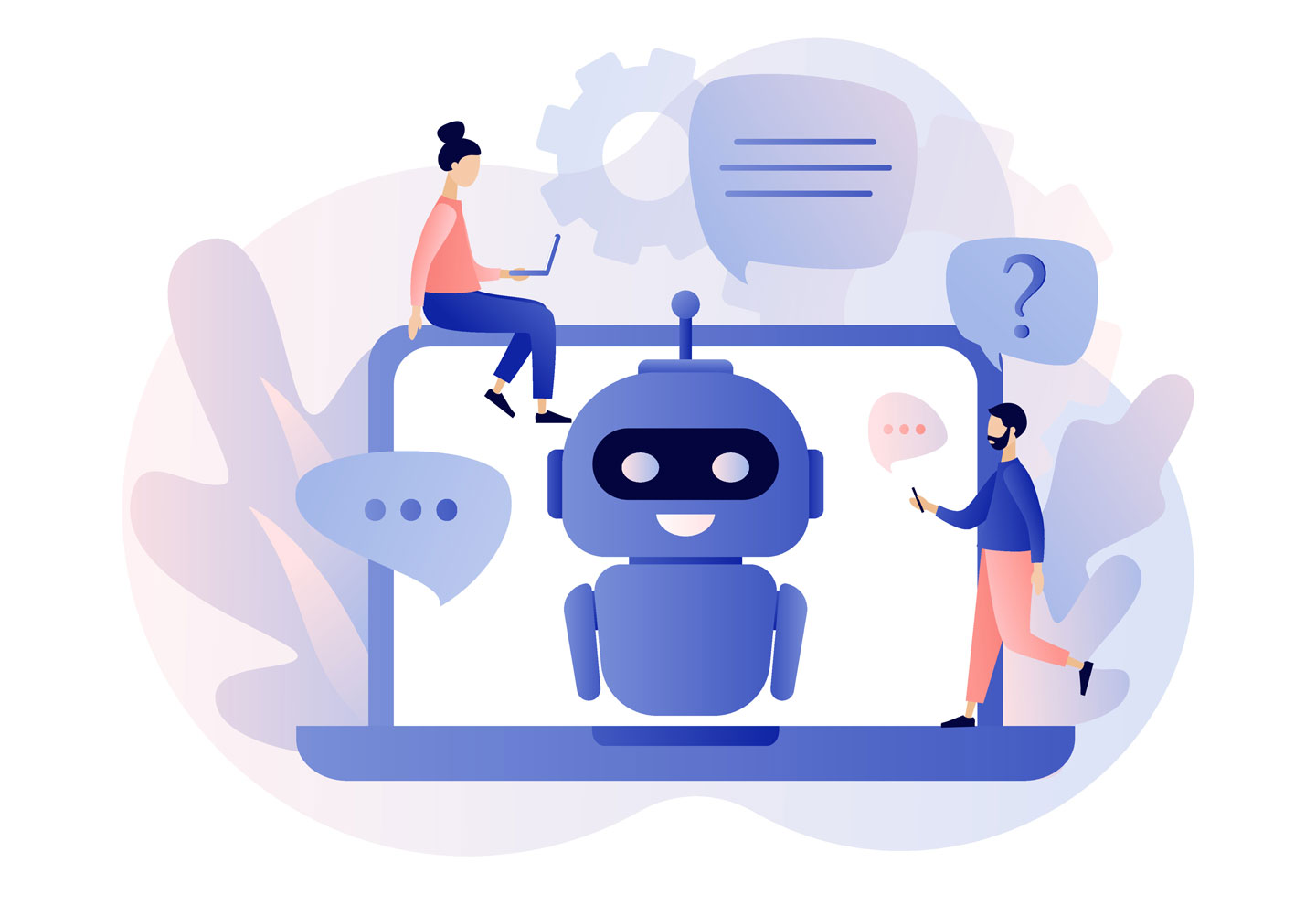
Power Virtual Agents Tutorial for Complete Beginners
In conclusion, virtual agents are intelligent computer programs designed to simulate human conversation and interaction. They are used by businesses and organizations to improve customer service, increase efficiency, and reduce costs. Virtual agents can be programmed to handle a wide range of tasks, from answering simple questions to providing advanced technical support. They are also capable of learning and adapting to new situations, making them a valuable asset in any industry.
As technology continues to advance, we can expect virtual agents to become even more advanced and sophisticated. With the rise of artificial intelligence and machine learning, virtual agents will become even more human-like in their interactions with customers. They will also become more integrated with other technologies, such as chatbots and voice assistants, to provide seamless and personalized experiences. As such, it is clear that virtual agents are not just a passing trend, but a vital tool for businesses and organizations looking to stay competitive in the digital age.

